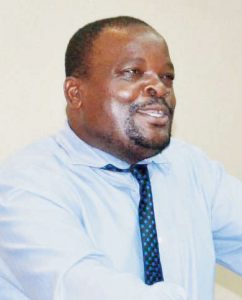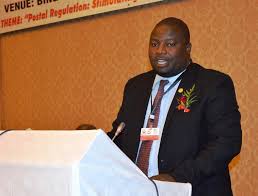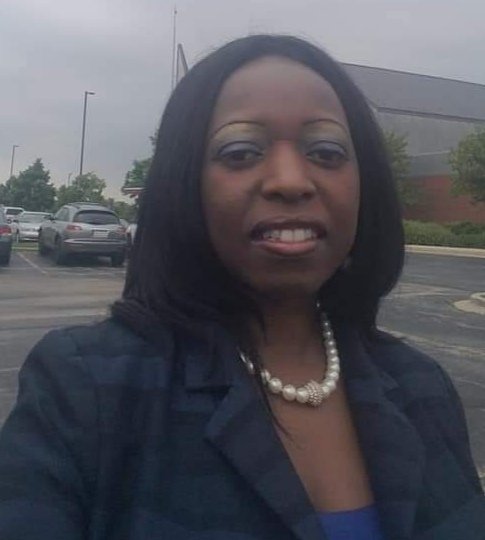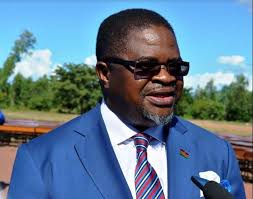By Tom Sangala
Mdzukulu, ethnicity, world over, is one of the most frequently cited sources of instability and conflict within States.
Little wonder, intra- State conflicts between different ethnic groups or between ethnic minorities and the State are much more common than inter- State conflicts today.
It is, therefore, crucial for States around the world to find institutional devices which can ensure democratic participation from the whole spectrum of ethnic groups within a State while and at the same time managing ethnic tension to prevent violent conflict, instability or State disintegration.

Mdzukulu, in Malawi, since the aftermath of May 20 2014 Tripartite Elections that ushered in power President Peter Mutharika and his Democratic Progressive Party, in search of such devices, federalism has become a popular formula for some sections of society.
And Mzimba North Member of Parliament Yeremia Chihana is set to move a motion, which was previously defeated in the same House, proposing the introduction of a federal system of government in the country.
Mdzukulu, theoretically, the hallmark of a federation is that it explicitly recognises the territorial sharing of State authority.
It is government at several tiers of jurisdiction.
Through its written constitution, a federation clearly outlines the division of power between the central government and the two or more other levels of government.
There are some federations whose level of government has its own range of activities under its exclusive jurisdiction.
In others, mdzukulu, on the other hand, each level may exercise concurrent authority with another level of government.
However, in most federations the central government is predominantly concerned with matters of common or national import such as defence and foreign policy while the lower levels of government – regions, cantons, provinces, states or republics – are predominantly concerned with matters of particular or regional interest.
So, mdzukulu, federalism promises to be a practical compromise which represents the middle course between confederation – in which the sovereign States have the ultimate power – and a unitary system in which the centre has ultimate authority.
Mdzukulu, ethnic-based federalism, however, proposed by Chihana and his disciples as the panacea for holding multi-ethnic Malawi together is decried by others as a dangerous concept that will eventually dismember the country.
Those supporting federalism argue that it would strengthen decentralisation and improve accountability and transparency.
Federalism fanatics, however, mdzukulu, need to recollect that, in 1994, prior to the general elections, information flew around on bankruptcy and thievery records of some key party leaders.
Unfortunately, the general battle cry at public rallies and in small conversations was: “Bola wakuba yemweyo [better a thief]!”
Then, mdzukulu, a convict was duly installed through the ballot in the name of democracy, thus simultaneously planting a culture of corruption and embezzlement.
That political seed quickly sprouted and took root.
Mdzukulu, since that fateful day, official corruption, the erosion of the values of professional integrity and the spirit of hard work are widespread in Malawi.
Touching on that, the country – from across all political regions and ethnic divisions – is infested with business people, civil servants, technocrats, religious leaders, traditional leaders, civil society, academics, media practitioners, scientists, politicians and other species without character.
Given this scenario, therefore, if Malawi is to improve accountability and transparency in its operations, it is imperative that its citizenry – the true midwives and eyes of democracy – should undergo a mindset transplant and mature in integrity to attune to the requirements of the common good.
Otherwise, mdzukulu, Malawi can be subdivided into any imaginable units of government such as village or perhaps the most viable subset of family but without reaching much of accountability and transparency.
It would be subdividing the same thievery characters into their regional or ethnic groups.











